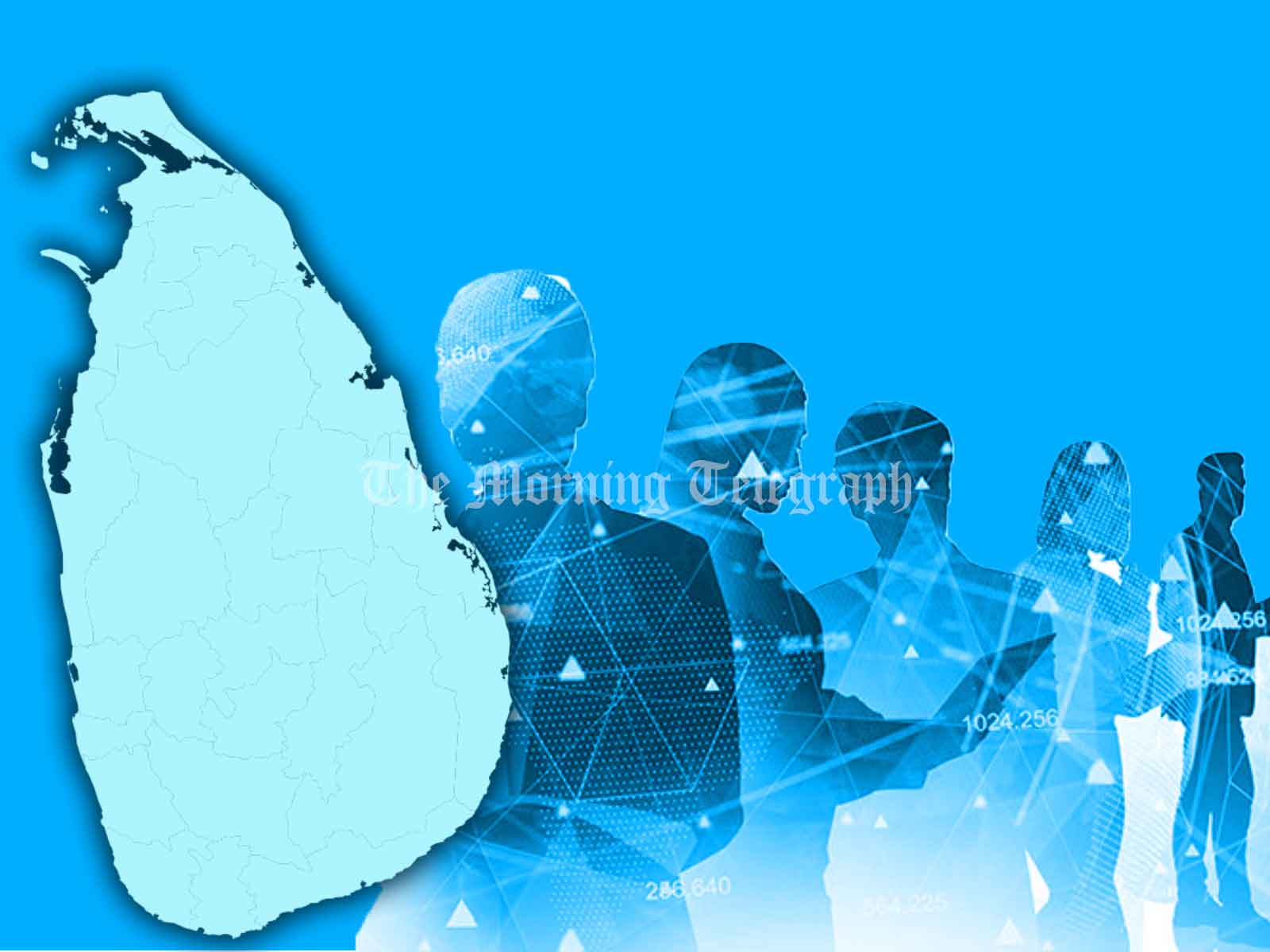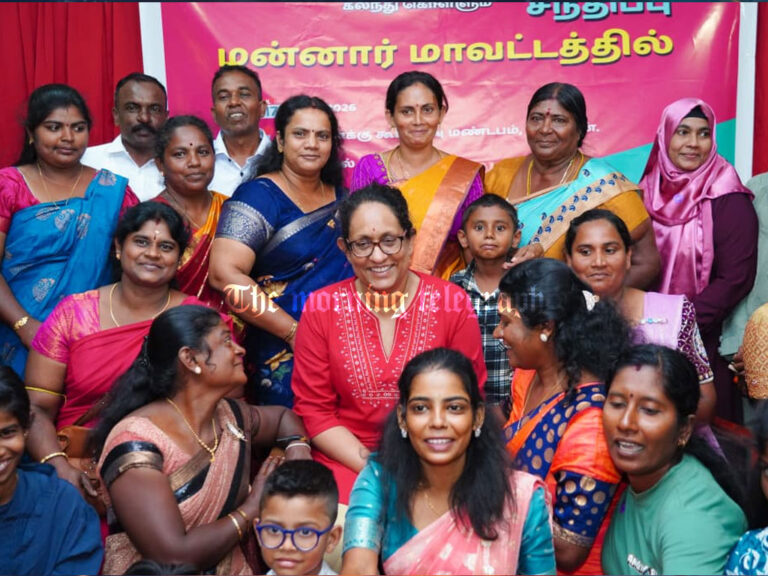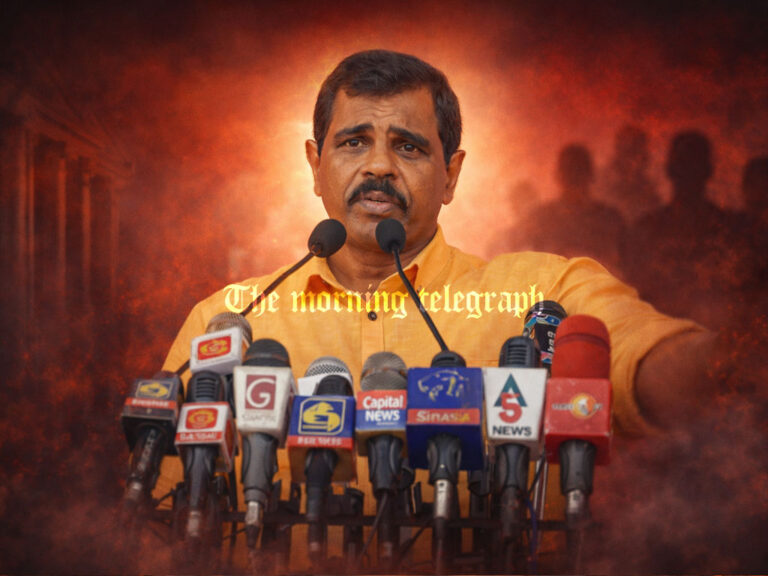
Colombo, July 19, 2024 – President Ranil Wickremesinghe has unveiled a strategic initiative to transform Sri Lanka into a regional leader in human capital development. Speaking at the Sri Lanka Human Capital Summit 2024, held at Temple Trees, President Wickremesinghe outlined plans to align the National Vocational Qualification (NVQ) system with international standards, drawing inspiration from Australia’s model.
Key Highlights from President Wickremesinghe’s Address:
- Revamping the NVQ System:
- President Wickremesinghe emphasized the necessity of modernizing Sri Lanka’s NVQ framework to match global standards. He expressed intentions to collaborate with Australia to enhance and modernize the nation’s education system.
- Strategic Connectivity Enhancements:
- The President stressed the dual importance of power and land connectivity for economic growth. He noted that while power connectivity is crucial, land connectivity is particularly vital for development. Enhancing this connectivity could significantly benefit Sri Lanka and the Tamil Nadu economy, especially through access to Sri Lanka’s ports in Trincomalee and Colombo.
- Fostering Economic Growth through Investments:
- Wickremesinghe advocated for expanding investment opportunities, both foreign and local, to drive economic development. He highlighted the need for a focused approach on human capital formation, noting that financial capital is essential for this development. He pointed out the importance of strengthening vocational and technical education, given the high emigration rates of vocationally and technically skilled individuals.
- Human Capital Summit Focus:
- The Sri Lanka Human Capital Summit 2024, held under the theme “Unlocking Sri Lanka’s Economic Potential by Building a Future-Ready Workforce,” aims to address skills challenges and foster economic transformation. The summit, inaugurated in 2016, seeks to elevate Sri Lanka from a lower-middle-income country to a developed nation by cultivating talent and fostering innovation.
- Reforms and Economic Transformation:
- President Wickremesinghe discussed the need for fundamental economic reforms to address the challenges of high emigration and economic instability. He emphasized the necessity of a shift from an import substitution economy to a competitive, export-oriented one, aligning with former Australian Prime Minister Scott Morrison’s views.
- International Cooperation and Development:
- The President highlighted the importance of international partnerships, particularly with Australia, to advance Sri Lanka’s educational and economic goals. He noted ongoing projects, including new universities and educational initiatives, as part of a broader strategy to enhance the country’s human capital.
Remarks by Former Australian Prime Minister Scott Morrison:
- Former Prime Minister Scott Morrison acknowledged President Wickremesinghe’s efforts and the challenges faced by Sri Lankans. He stressed the need for comprehensive reforms, including fiscal repair, debt restructuring, and enhancing financial institutions. Morrison also emphasized the importance of regional partnerships and a focus on economic stability to build a dynamic, export-oriented economy.
Notable Attendees:
- The event was attended by distinguished guests including Climate Advisor Mohamed Nasheed, Minister Bandula Gunawardena, Parliamentarian Harsha De Silva, Secretary to the President Saman Ekanayake, Secretary to the Prime Minister Anura Dissanayake, and other national and international dignitaries.
President Wickremesinghe’s vision for Sri Lanka underscores a commitment to transforming the country’s human capital and economic landscape through strategic reforms, international cooperation, and a focus on vocational and technical education. The initiatives outlined aim to position Sri Lanka as a leader in human capital development within the region.
~PMD~




